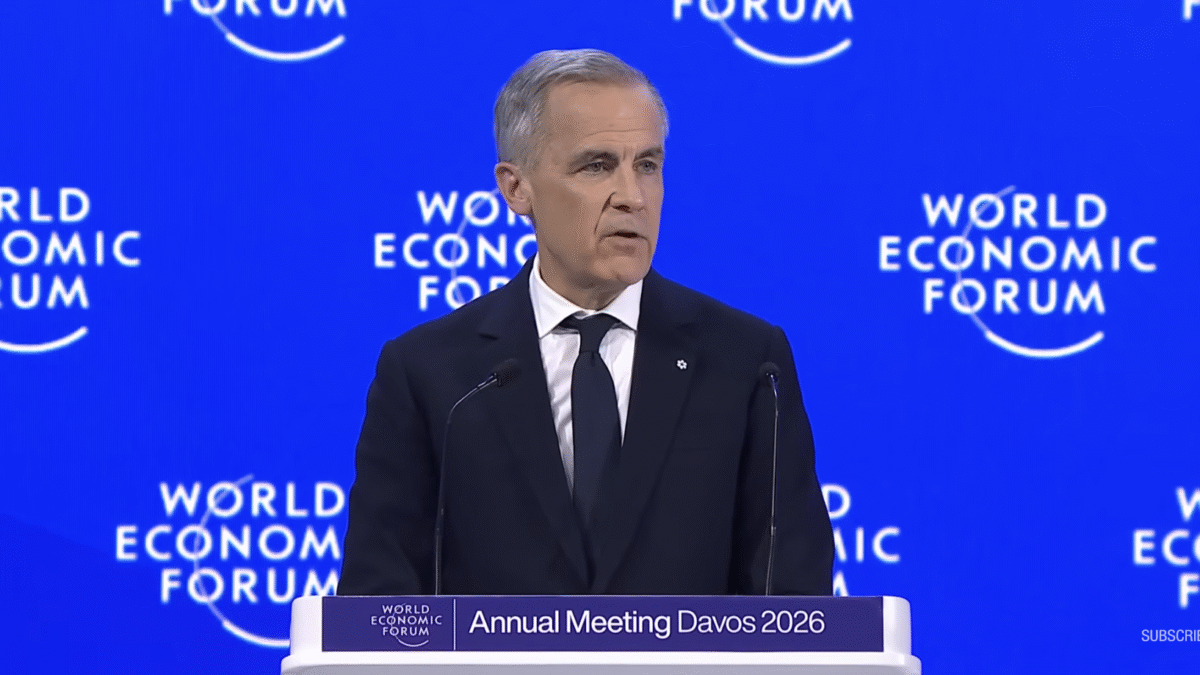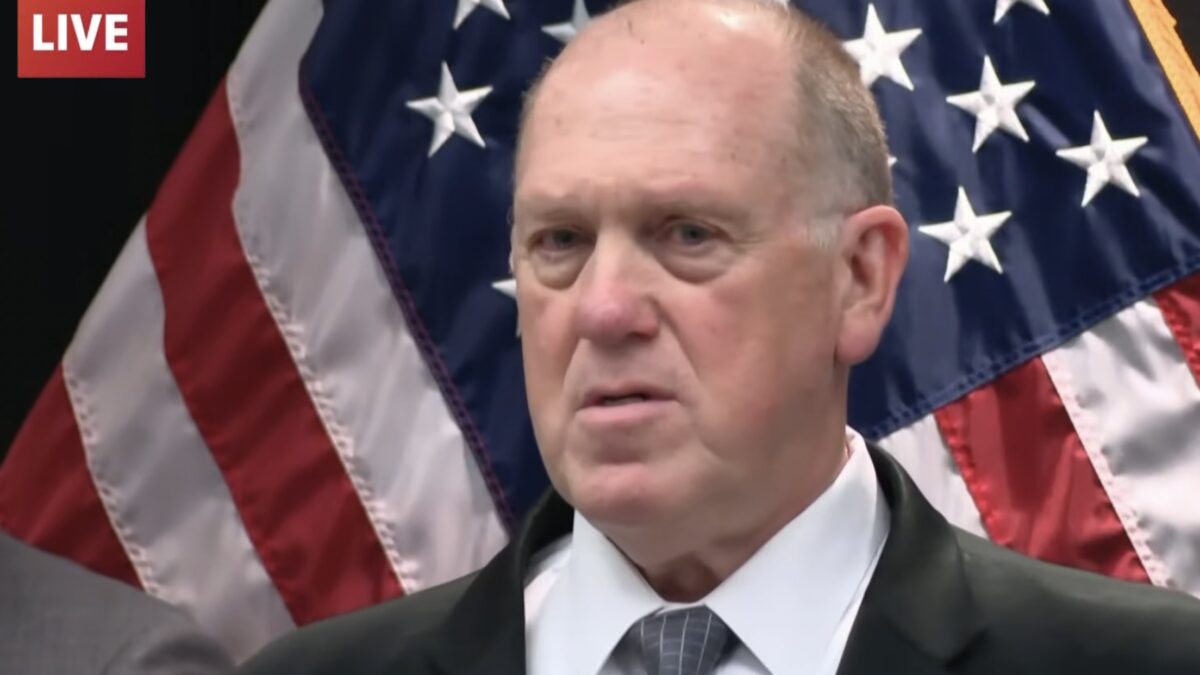
Foretelling what Elizabeth Warren, Andrew Cuomo, or other favorites of the Democratic Party’s left might do with regard to foreign affairs were they to be elected in 2016 requires no guesswork. That is because it would be difficult for them to depart from the ever-strengthening preferences of the milieu within which they live and move and have their being. Since they have said little about foreign policy, there is no basis for speculating that they might change things up.
The Democratic Party’s choice of Barack Obama over the Clintons in 2008 was yet another step in the evolution of who Democrats are, internationally as well as domestically. The party’s nominee in 2016 is likelier to continue moving in the direction of progressivism than to regress.
Fifty years ago, for example, “liberal Democrat” meant Hubert Humphrey, who swore that the Civil Rights Act of 1964 precluded racial preferences. But the party evolved. By 2014, as The New York Times reported, “Democrats in the closest Senate races across the South are turning to racially charged messages…to jolt African-Americans into voting … The images and words they are using are striking for how overtly they play on fears of intimidation and repression.” Humphrey also was committed to winning the Vietnam War. But the standard of the Democratic Party’s left wing passed to Eugene McCarthy who, among other things, was committed to losing that war. Prominent in the next generation of progressives was Anthony Lake, who authored Jimmy Carter’s celebration of America’s defeat in Vietnam and his condemnation of the American people’s “inordinate fear of communism,” who also served as Bill Clinton’s national security adviser, and who tutored Barack Obama.
Hence, Obama’s foreign policy persona—his apologies for America’s power among nations, his preference for foreign countries and movements that seek to limit it, his shaping of America’s international agenda to serve liberal Democrats’ domestic priorities—is another manifestation of his party’s evolving identity. We can expect his Democratic successors to continue that evolution in the same Progressive direction abroad as well as at home.
Friendly to Thugs and Terrorists
Neither U.S. public opinion nor events in the Middle East is likely to sway such presidents from deep-rooted Progressive affections for enemies of America and Israel. In the 1950s, progressives in the Central Intelligence Agency helped Egypt’s Gamal Abdel Nasser to power, supported the Algerian revolt against France, sheltered and promoted anti-Western icon Franz Fanon, and advocated for U.S. patronage of the terrorist Palestinian Liberation Organization. American progressives undermined Iran’s Shah and have advocated against throttling the Islamic Republic that replaced him.
Progressives oppose forcibly stopping Iran’s development of nuclear weapons, despite its role in killing Americans. The more Progressive, the likelier one is to argue and act as if Israel’s refusal to accede to Arab demands were the chief cause of the Middle East’s troubles. For progressives, the benevolence of “the Arab Street” and even of organizations such as the Muslim Brotherhood is an article of faith. From government, the media, and the universities, progressives indict as racists whoever imputes responsibility for terrorism to Arabs, Muslims, or Islam. America’s Muslims vote Democrat. Any Progressive president would find it hard to depart from this part of his tribal identity.
Maintaining U.S. alliances and commitments while emptying them of all but whatever content suits a Progressive domestic political agenda is part of the identity that the next Progressive president will inherit. A bibliography of works by progressives on furthering America’s geopolitical interests would contend for the title of the shortest book ever written. The foundational works of progressive international relations, William Appleman Williams’ “The Tragedy of American Diplomacy” (1959) and Lake’s “The Vietnam Legacy” (1974) argued that the United States was on the wrong side of the Cold War. Accordingly, the Progressives’ univocal prescription for U.S. relations with major powers has been to accept their claims while retreating from any of our own or of other nations allied with us. Not incidentally, that is the point of the latest book of this genre, “Restraint” (2014) by Barry Posen, director of the Security Studies Program at the Massachusetts Institute of Technology.
While Knifing Our Friends
This penchant has meant, most recently, Obama supporting Ukraine’s resistance to Russia by loud declarations and, in practice, in the way that a rope supports a hanging man. This modus operandi also explains Obama’s response to China’s extension of its sphere of influence into the Pacific by a “pivot” of U.S. forces, which combines reassertion of U.S. commitments with an ever-decreasing inventory of ships and airplanes. To reverse this approach to U.S. geopolitical interests, the next Progressive president would have to cease being Progressive.
We can expect presidents Warren or Cuomo to follow Progressive precedent in further reducing U.S. military intervention abroad and the capacity therefor, while continuing to interfere in the internal affairs of other countries. Because Progressives’ aversion to military force does not contradict their commitment to improving mankind, they do not shy from encouraging foreign factions whom they regard as their kin. President Obama’s intervention on behalf of the Muslim Brotherhood against Egypt’s military regime is but the most recent example of such involvement. Earlier, Obama had intervened in Honduras on behalf of a Progressive who had been foiled in his attempt to stay in office beyond constitutional limits, much as President Clinton had done in support of a Haitian president who had granted a telecommunications monopoly to Clinton’s associates.
The Progressives’ interest in “nation building” other peoples has always been an outgrowth of their sense of entitlement to “nation build” Americans into what they should be but are not. Using other governments to help transform America is another constant of progressivism, from which such as Warren or Cuomo would see no reason to depart. Whether by treaty or executive agreement or by judicial adoption of preferred “international norms,” American Progressives have sought to follow their European kin in putting more and more matters out of the reach of their domestic political opponents. Arguing that restricting the possession of firearms or the use of fossil fuels, or mandating compliance with any number of regulations is mandated by “international law” is less burdensome than arguing the merits thereof on one’s own responsibility. The next Progressive president is sure to be at least as tempted as Obama to impose some measure in the name of international law that he cannot get through the U.S. Congress—e.g., prohibitions on offensive language in school textbooks—and, like Obama, to include funds for implementing it in the general budget while daring the Congress to “shut down the government” by voting down the budget.
The next Progressive president might well double down on Obama’s use of foreign policy to expand and service his domestic constituencies. For example, Obama chose homosexuals from around the world for priority admission to the United States as persecuted refugees even as millions of Christians were being driven from ancestral homes throughout the Middle East. Were his successor to admit more numerous classes of potential Democratic voters to America by executive power, he or she would be acting within established Progressive precedent.









